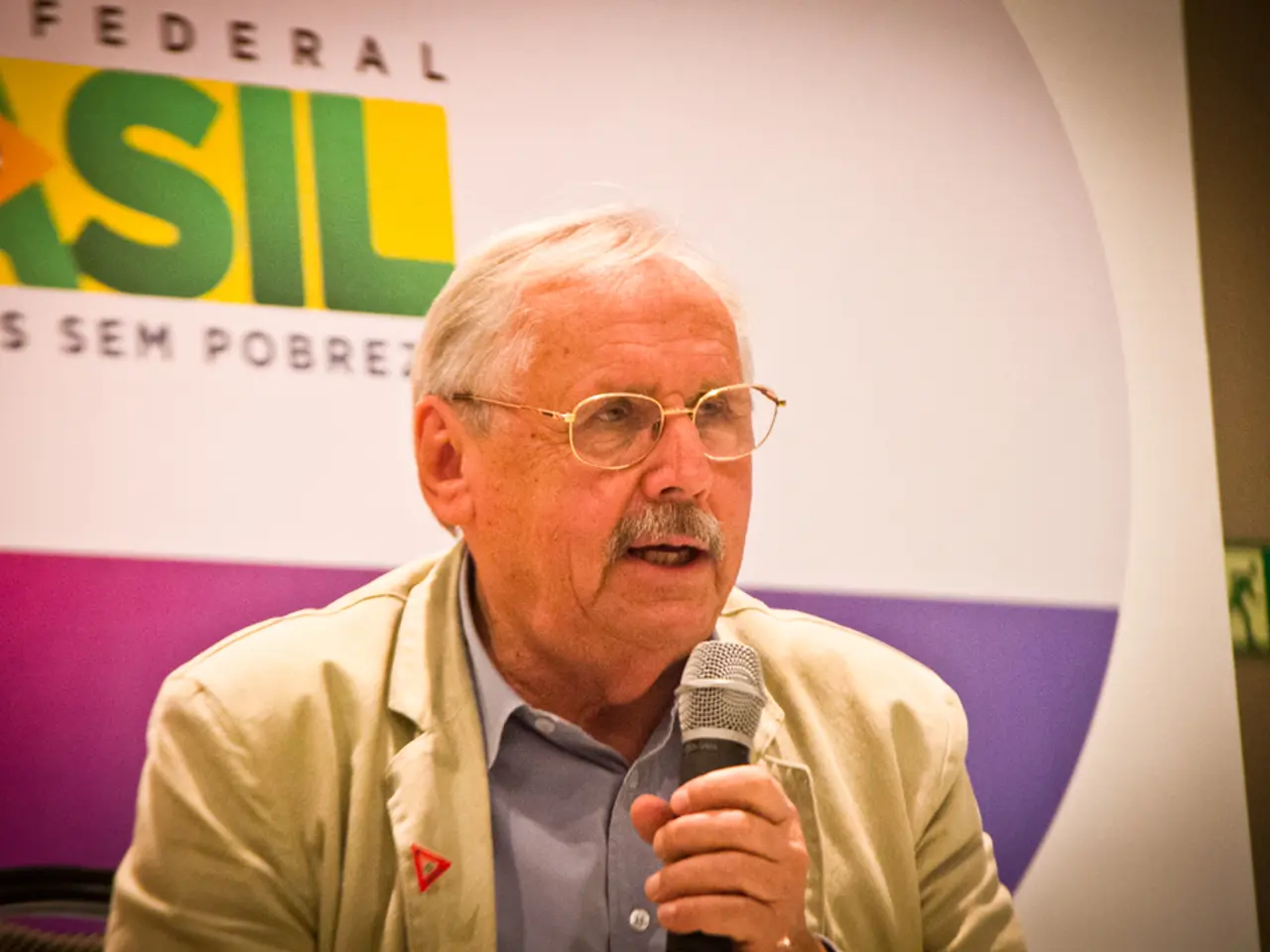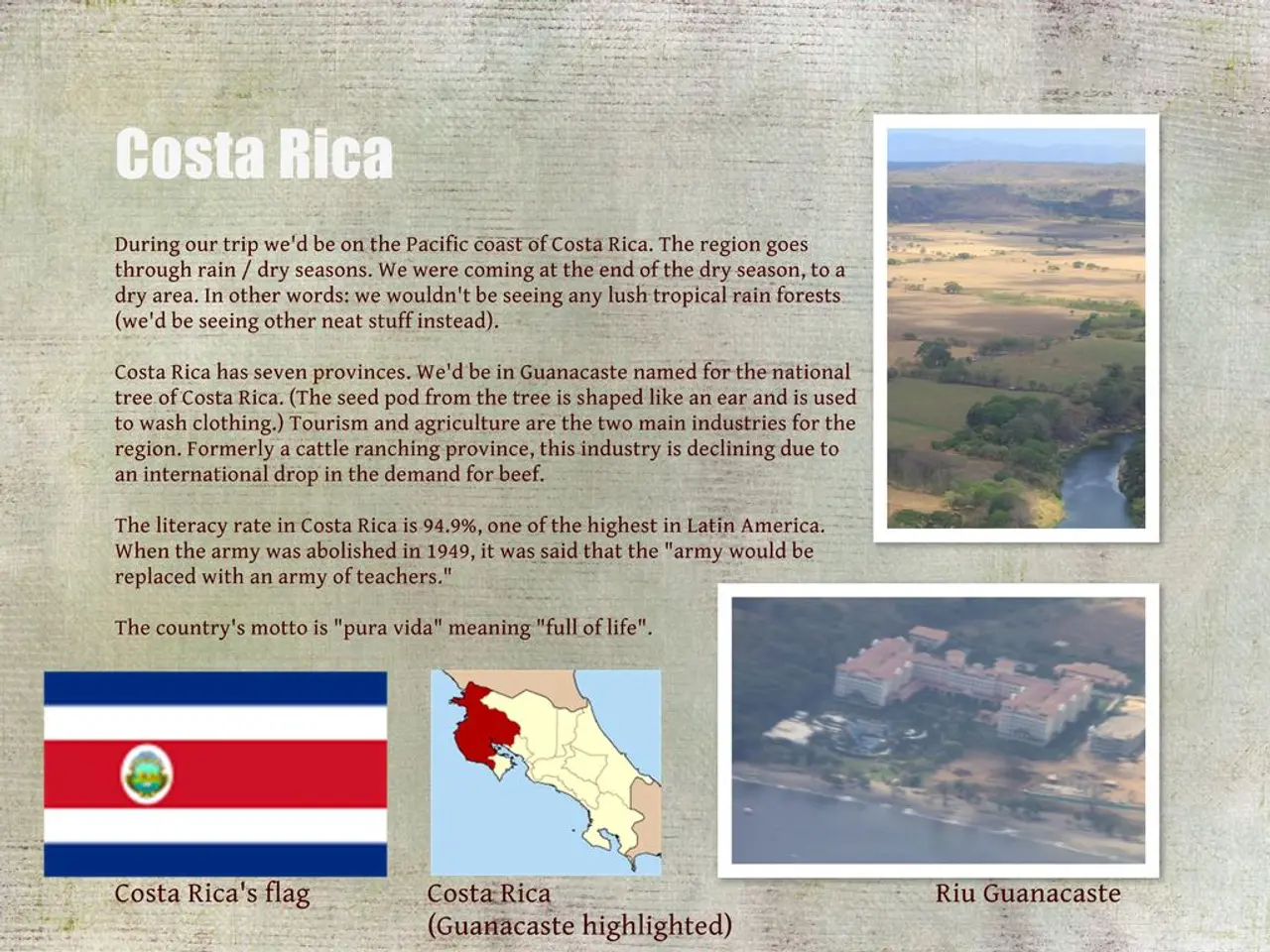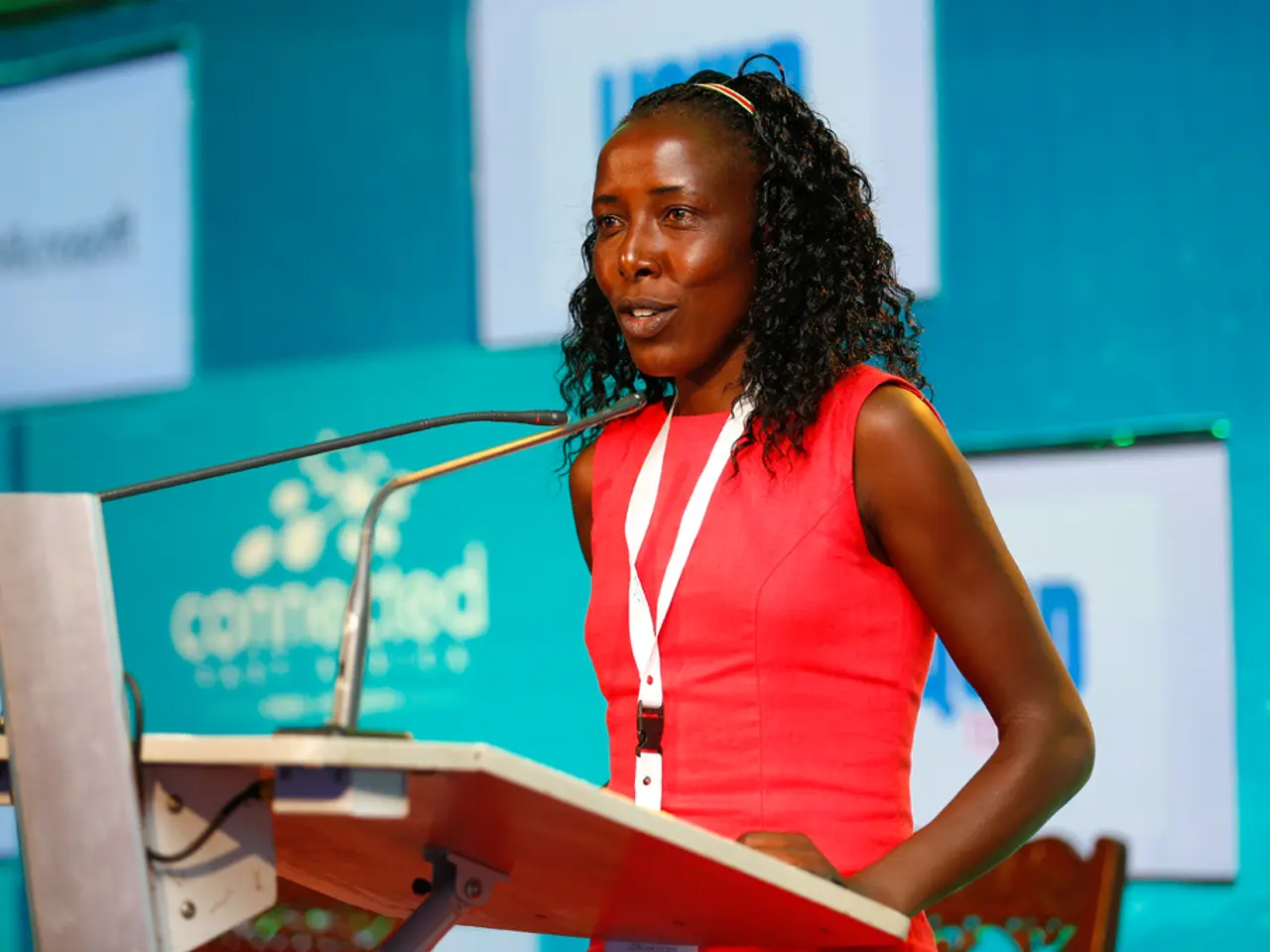FDP acknowledges errors and seeks to draw nearer to the public
FDP Seeks to Rebuild and Expand Ahead of Future Elections
After a self-critical analysis of the past ten years, the Free Democratic Party (FDP) has identified that they have not been successful in convincing people of their problem-solving competence. The party, led by Christian Dürr, recognises the need for more profiling to improve its electoral success.
Dürr lamented the party's inability to be seen as real problem solvers, stating that people still see reform will and courage as the FDP's core brand, but they were disappointed that no real reform project was feasible in the traffic light coalition. The central problem identified in the analysis is the party's failure to bind voters to it in the long term.
More than five million people voted for the FDP each time, but only two million voted for it in both elections. The party still wants to appeal to optimists and reform-minded people, but it needs to demonstrate practical solutions that resonate with a broader electorate while clarifying its economic and social policy positions to avoid the perception of inconsistency that has contributed to previous setbacks.
The failed Jamaica negotiations and the subsequent infighting within the coalition damaged the FDP’s reputation as a reform force and led to the loss of about one million voters. The party's leadership perceives FDP politicians as aloof and distant from citizens, and they neglected to define an appealing mission beyond the core electorate.
To improve its problem-solving competence communication and expand its core electorate, the FDP plans to move from a "political philosophy" to "concrete solutions for real everyday problems". The party aims to enhance internal coherence by reconciling policy differences within coalition partners to present unified, actionable solutions.
Improving communication strategies will be crucial, with the need to clearly articulate how FDP’s policies effectively solve pressing economic and social issues. Expanding outreach to regain support from moderate and younger voters by addressing their priorities and demonstrating relevance beyond neoliberal economic agendas is also a priority.
The FDP is preparing a 48-page presentation, based on a broad evaluation of data from recent years, including polling trends and voter shifts, to be discussed with the FDP federal executive. The presentation was accompanied by a survey of around 3,000 participants conducted in May of this year. Citizen proximity should be the guiding principle in the development of this new program.
The FDP plans to work with all members to develop a new fundamental program, focusing on clear, consistent messaging that appeals to centrist and pro-business voters without fragmenting its support. Building a larger core voter base is a priority for the FDP, but this goal has not been achieved in recent years. The failures in the traffic light coalition do not imply the FDP will propose fewer reform concepts, but rather more.
The FDP aims to improve its image by expressing itself in a more folksy manner, and it hopes to regain the trust of the electorate and re-establish itself as a viable option for those seeking practical, effective solutions to the issues facing Germany today.
- The Free Democratic Party (FDP), acknowledging its failure to secure long-term voter loyalty, aims to transition from a "political philosophy" to "concrete solutions for real everyday problems," focusing on clear, consistent messaging that appeals to centrist and pro-business voters.
- To rebuild and expand ahead of future elections, the FDP intends to work with all members to develop a new fundamental program, emphasizing policy-and-legislation that addresses general-news issues in a more folksy manner, hoping to regain the trust of the electorate and re-establish itself as a viable option for practical, effective solutions.







